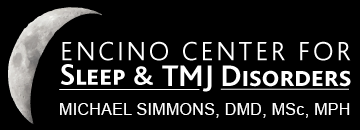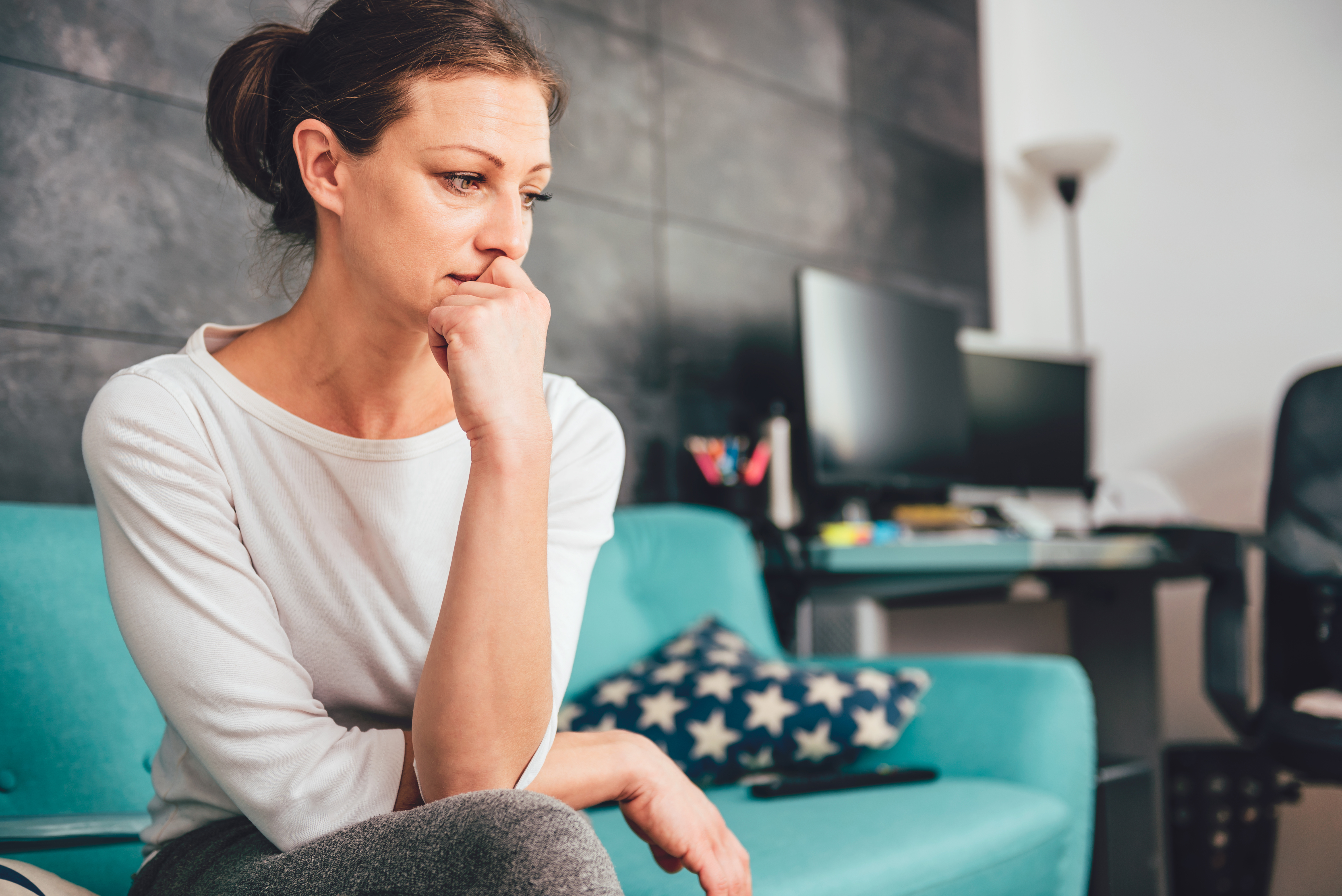Can Sleep Apnea Cause Anxiety?
Sleep apnea is a dangerous condition that can wreak havoc on almost every aspect of your life. Night after night, patients with sleep apnea are deprived of the quality sleep they need to feel their best and make sound decisions. When you consistently fail to reach deep levels of sleep, your body doesn’t have a chance to fully repair itself. You’ll end up feeling exhausted with a number of serious health consequences just around the corner.
Sleep apnea has been associated with posttraumatic stress disorder, psychosis, substance abuse, schizophrenia, depression, bipolar disorder, and anxiety. In one study, it was found that patients with sleep apnea are almost three times as likely to suffer from depression. Patients with sleep apnea are also twice as likely to have anxiety. Sleep apnea patients also have a significantly higher risk for panic attacks than individuals without the condition.
The Link Between Sleep Apnea & Anxiety
Repeatedly losing sleep creates a deficit in your sleep bank which makes it difficult to handle stressful situations and can lead to anxiety. While there’s a definite connection between sleep apnea and anxiety, it’s unclear whether the loss of sleep is causing anxiety or anxiety that is causing the disorder.
Unfortunately, it may also be a two-way connection. Patients who suffer from anxiety might be at a higher risk for developing a sleep disorder, such as sleep apnea. This means that if you treat one of the conditions, you should alleviate the other as well.
Our Treatments For Sleep Apnea
Now that you understand the link between sleep apnea and anxiety, you may wonder which treatment is best for you. Treating anxiety typically consists of medication in combination with long-term counseling. While this may be a solution for some, medication comes with its own list of dangerous side effects.
Fortunately, Dr. Simmons offers a conservative approach that consists of the use of an oral appliance and lifestyle modifications. An oral appliance works by gently shifting your jaw forward to prevent your airway from collapsing. In addition to an oral appliance, Dr. Simmons will recommend certain lifestyle alterations, such as regular exercise and positional therapy. This will ensure you’re getting a well-rounded treatment that can address your sleep apnea and your anxiety.
Conservative Treatment Without Medication
When you’re faced with sleep apnea and anxiety, Dr. Simmons can help treat your sleep apnea, which can in turn solve your anxiety. Contact our office to schedule a consultation with Dr. Simmons by calling (818) 300-0070. We’ll help you get the rest you need to treat both your anxiety and your sleep apnea.
Dr. Simmons is an American Dental Association recognized specialist in orofacial pain and has his master’s degree in sleep medicine from a leading international medical school sleep medicine program. Dr. Simmons is also double-board credentialed in both orofacial pain and dental sleep medicine by the two leading internationally recognized credentialing organization

